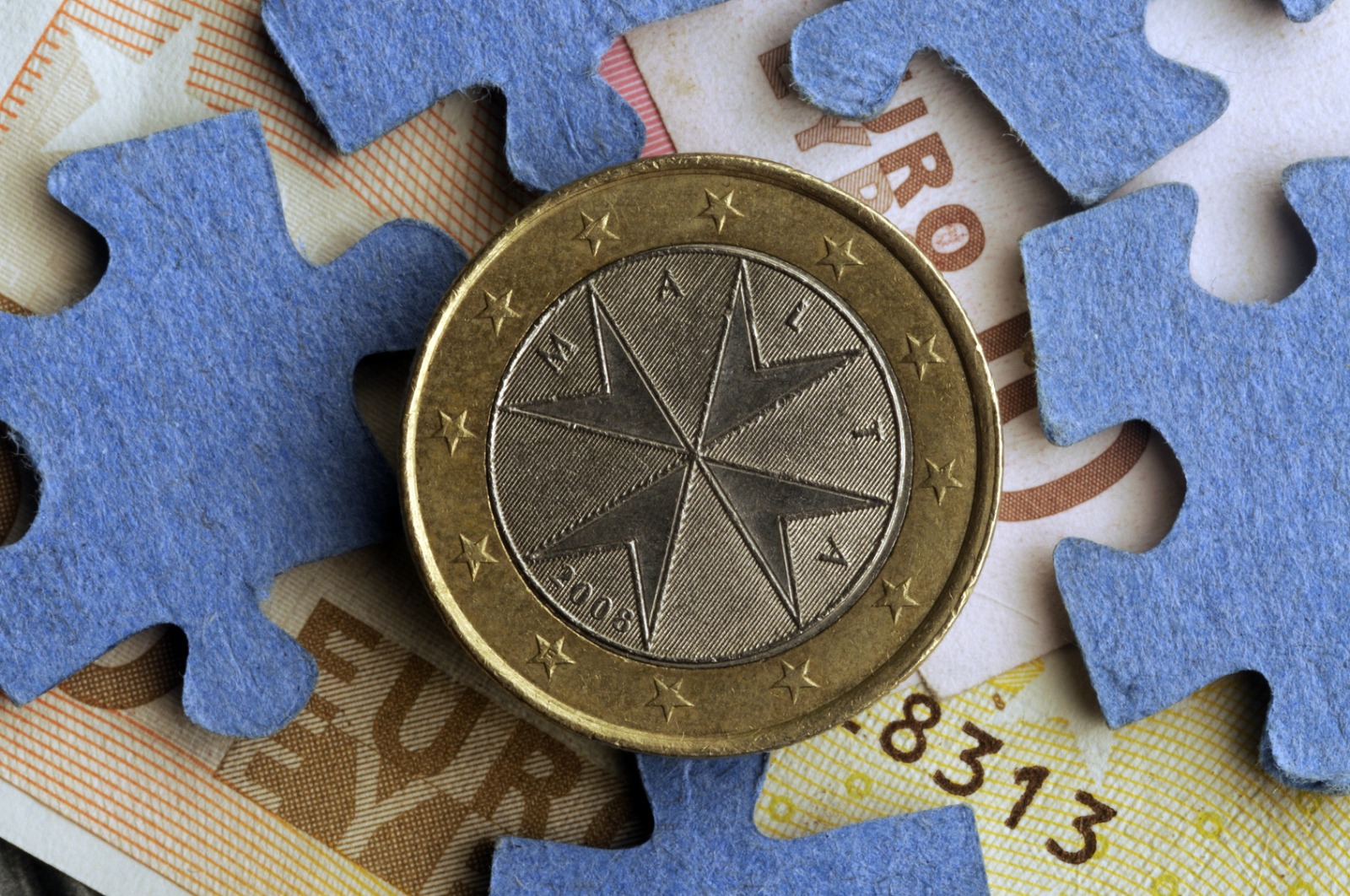Economy, European Funds and Lands minister Silvio Schembri has pointed out how different EU countries face challenges when it comes to inflation, meaning a one-size-fits-all solution for the whole of Europe is not desirable.
He was speaking at the Informal Council meeting of Ministers responsible for competitiveness, held in Prague.
Indeed, Malta’s status as a small island nation makes it particularly vulnerable to inflation. In mainland Europe, despite food and a wide range of essential items also experiencing rapid inflation, the fact that delivery of goods can take place via road transport means increases in price are largely limited to the actual good or service.
For an island nation like Malta, which has a relatively small population and market – already an economic feature that lends itself to higher prices – inflation of the physical product together with increasing freight and air transport means the country is double impacted by rising costs.
In fact, when looking at the current scenario, Malta is experiencing one of the lowest rates of inflation within the Euro zone, at 6.1 per cent according to National Statistics Office figures (NSO). This is largely because the Government is footing the bill of increased energy prices and has kept current energy rates frozen.
When removing energy and fuel prices from the inflation rate calculation, the Euro area’s rate of inflation drops from 8.6 per cent to 4.9 per cent, meaning Malta’s 6.1 per cent is a higher-than-average increase in cost of living.
And, while Europe’s energy needs tend to peak in winter due to colder climates and a demand for heat, Southern European nations such as Malta tend to sue the bulk of their energy in the hotter summer months for cooling purposes.
“Not every country is the same and not every country has the same challenges when it comes to inflation. We cannot have one size fits all for the whole of Europe,” Minister Schembri said.
Minister Schembri explained that for many European countries, the most challenging months in terms of inflation and access to energy are the winter months, for our country summer is the most challenging period due to a significant increase in energy consumption, not winter.
“Therefore, you cannot have a single Europe-wide model. This is also the case when it comes to a green economy, where you cannot have the same model adopted by the whole of Europe, when island states like Malta have to depend on sea transport when it comes to imports and exports, which is more polluting than ground transportation. That is why our country cannot end up paying a bigger price simply because it is an island,” Minister Schembri added.
Minister Schembri also spoke about the need to strengthen the European Union’s financial instruments to strengthen access to finance. “Small and medium-sized businesses, which make up 90 per cent of our economic base, find it difficult to access European funds. We believe that if you have a minimum percentage for centralised funds, instead of geographical distribution, it will help. This would convey the message that these funds would also be accessible to those countries, such as Malta, that are on the periphery of the European Union.”
On the digital transition and green economy, Minister Schembri said that the necessary skills should be given to human resources, while it is vital to improve access to finance to small and medium-sized businesses.
“We believe that if there are rigid rules tied to digital innovation, it will stifle competitiveness. Our main goal should be to strike a balance between reducing the complexity of European legislation to so that we make foreign direct investment much more attractive, while continuing to protect European norms and values,” stated Minister Silvio Schembri.
Government introduces mandatory physical inspection for vintage vehicle classification
From 1st September 2025, vehicles seeking vintage status must undergo a physical inspection by the official classification committee
Local filmmakers paid just €250 to screen at Mediterrane Film
The figure stands in stark contrast to the estimated €5 million total spend
Malta International Airport closes in on one million passengers in June
Meanwhile, aircraft traffic movement rose by 4.5 per cent year on year






